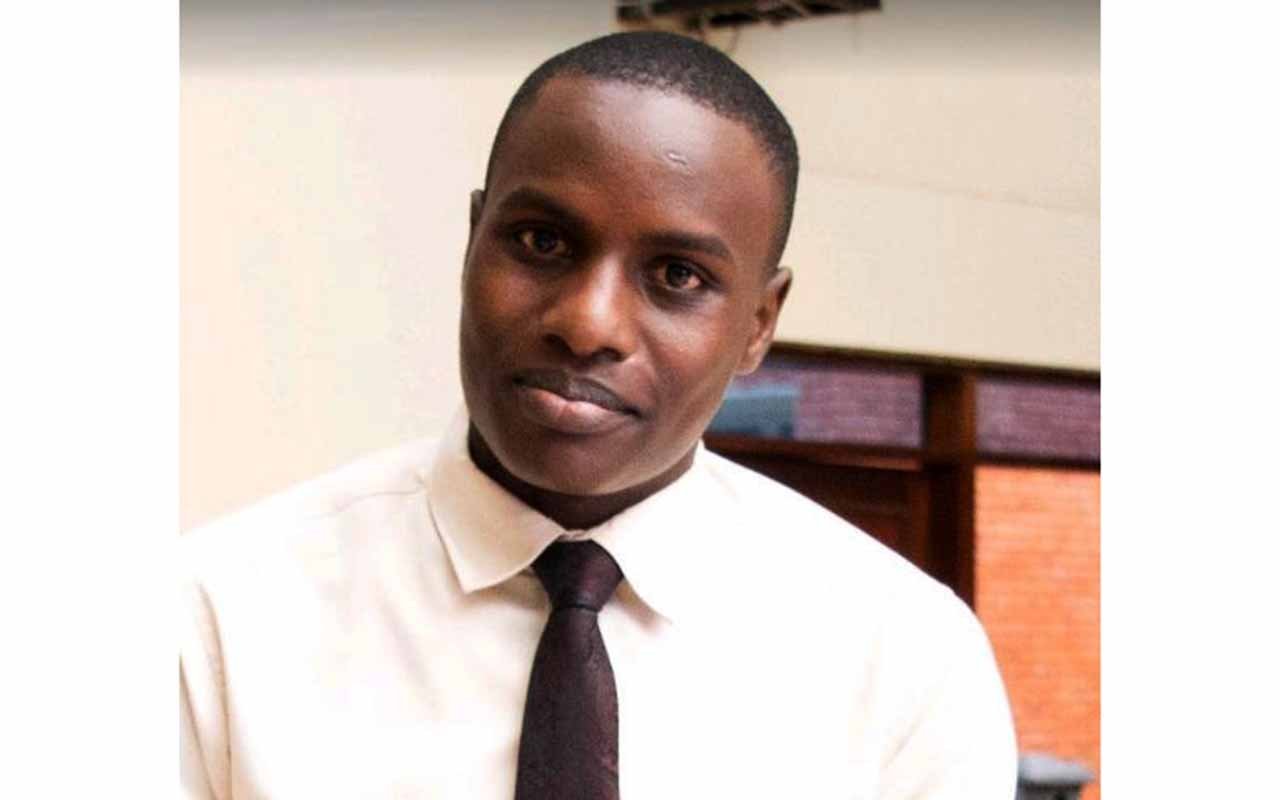
Mr Daniel K. Kalinaki
If you had asked me on Monday morning who among my charges would be involved in the anti-corruption march to Parliament, the last name on the list would probably have been Faiza. First, to be honest, I hardly know the kid; seen her around, spoken to her a coupla times, you know, hardly struck me as a revolutionary.
As far as I could tell, when she wasn’t upstairs co-hosting our breakfast show on KfM radio she was baking cakes for her show on NTV, or trying to flog them off to her fans. Essentially a young girl trying to bake and talk her way into meeting life’s needs and wants. As I write this Faiza is cooling her heels in Luzira Prison where she was remanded on Tuesday evening.
She wasn’t alone. There is Bernard, who I’ve seen across the room in a pub or two, and Thomas who, from what I can tell on social media, is a doctor of sorts who is always trying to eat some of his patients. And there are others, new names and old, known knowns and unknown unknowns, who ended the day in prison sharing cellblocks with all manner of criminals and suspects.
To those who ended up on the wrong side of the bars, these arrests and detentions are a body blow and hard to take. Even harder for their friends, family and loved ones. But for Uganda, this was perhaps a good day for democracy.
To understand why we need to examine the peculiar circumstances of this latest episode of our political drama. Let’s begin with the over-arching cause; a protest against corruption. It is possible that, given how widespread corruption is in Ugandan society, singling out Parliament and the Speaker might seem unfair to some.
Yet only weeks ago the President, no less, acknowledged corruption in the House and called upon citizens to help him combat it. The arrest of a handful of MPs over graft-related allegations suggested that the weeding and pruning season was upon us. A citizen march against corruption in Parliament and elsewhere would be in keeping with the presidential declarations, so why would anyone oppose them? Hadn’t the President himself participated in a demonstration in Kampala against corruption in 2019?
The answer is rather obvious. Corruption must be seen to be fought, but should not under any circumstances be fought – certainly not aggressively – because it is the glue that holds the Ugandan state and society together.
Protestors marching against Parliament profligacy and corruption will sooner or later find that the trail snakes through the savannah of the civil service, across the judiciary river, up the slippery slopes of law enforcement, and into the palace on top of the hill.
It has taken a long time but a critical mass of young Ugandans are beginning to see that while we are relatively poor, we can have a much better country if we spend the little we have in the right places and with less wastage.
The deployments and detentions are aimed at deterrence but the arrest of unlikely ‘suspects’ like Faiza is more likely to have the opposite effect. Their peers know that they did not go to jail because they snatched necklaces in the street or broke into banks, but because they dared to hold power accountable.
Then they will look at the façade of control that put them there: colonial-era charges that courts have found to be unconstitutional; state attorneys who are probably unable to defend their decisions to prosecute; police officers who recognise that they are more of victims than victors; the sheer scale and potential of demography in a young and restless society; and the unceasing, unforgiving and irrepressible tick, tock, tick, tock, tick, tock of time.
The young men and women arrested this week received a baptism of fire but when they regain their freedom, as they inevitably will, they will prove to their peers that jail is merely a rite of passage that their generation must overcome.
They might then realise that the challenges they face are bigger than parliamentary corruption. They include an unjust and inequitable society, an unsustainable status quo, a septic political culture, and state capture in which most institutions have been hollowed out.
If we are lucky, they will realise that we need more than just a march to Parliament and that young Ugandans must rebuild the Uganda they want from the ground up. Tuesday’s protest was never about opening the doors of Parliament; it was about opening the eyes of the young apolitical class about the depth of the river, and why they need to learn how to swim, and quickly.
When state operatives begin detaining bakers as political prisoners it is not just the icing on the cake of repression; it is the beginning of the end.
Mr Kalinaki is a journalist and poor man’s freedom fighter.
[email protected]; @Kalinaki







